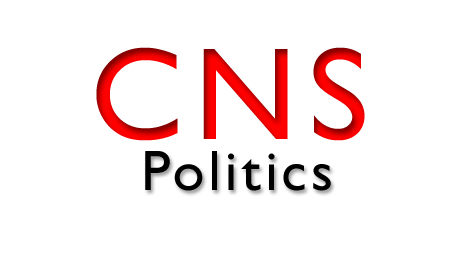Increased Tax Exemptions To Help Elderly In New Bill
ANNAPOLIS — Representatives from Gov.Larry Hogan’s administration and other government officials introduced a bill to the Maryland House Ways and Means committee on Thursday that would increase tax exemptions from $1,000 to $5,000 over the next four years for elderly residents, 65 and older.
Secretary for the Maryland Department of Aging Rona Kramer said the tax exemptions would help seniors who are in need of critical things, such as a hearing aid, medication or help in their homes.
Andrea Mansfield represented the Maryland Association of Counties to oppose the bill.
Mansfield said, in testimony, that local revenue from the bill would decrease by $14.8 million in fiscal year 2018 and by $66.2 million in fiscal year 2021 and would present economic troubles for the state.
“The revenue effect is simply not affordable as a statewide county mandate and could present substantial budget difficulties,” Mansfield said.
–Connor Glowacki
Maryland Could See Four New P-TECH Schools If Hogan Administration Bill Passes
Just minutes after the tax exemption bill hearing had ended, different representatives from the Hogan administration and corporate officials introduced a bill to expand the nationally recognized P-TECH program with four new schools in Maryland.
Keiffer Mitchell Jr., special adviser to the governor, said that the six-year P-TECH program, leads to an associates degree in a technical or STEM field of study. Mitchell said that there are 40 P-TECH schools across the country.
The bill states that the Maryland State Department of Education issued a request for proposals to have one P-TECH school in Western Maryland, one on the Eastern Shore and two in Baltimore City.
–Connor Glowacki
State Government Will Match Contributions in College Investment-Plan Bill
State Delegate Adrienne Jones, D-Baltimore County, introduced a bill to the Maryland House Ways and Means Committee on Thursday that would have low-income families receive state funds for paying an annual fee to sign up for the College Saving Plan of Maryland. The plan, also referred to as a 529 investment plan, would work at most accredited colleges in the country, according to the College Savings Plans of Maryland’s website.
The bill states that for every $25 annually that an individual making less than $50,000 or married couple making less than $100,000 puts into the program, the state will match the contribution with an amount of $250.
–Connor Glowacki

